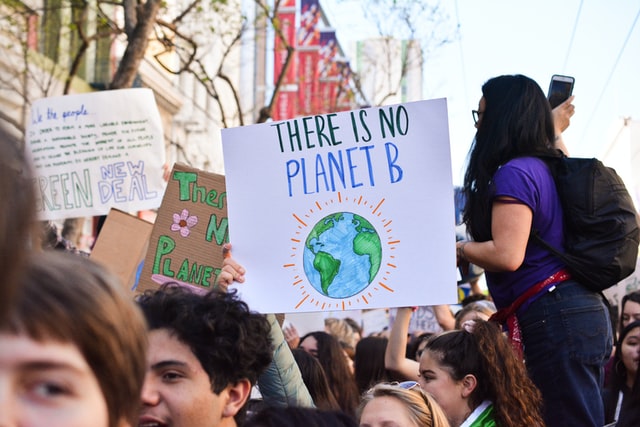Concrete climate change commitment is the need of the hour as per UN Secretary general. In his latest address at the 26th Conference of the Parties to the United Nations Framework Convention on Climate Change, UN Secretary‑General António Guterres said the COP26 participants need to adopt a more hands on approach after the G20 Summit where climate goals did not feature in the talks. The social impact of this includes:
- Mobilization of Civil Society: The recent spate of protests, marches and a mobilization of conversations on social media and other platforms, has led to the mobilization of civil society. One can take heart in the fact that citizens across the world are becoming more and more mindful. The number of groups and population of mindful people is growing by the day. Companies and communities the world over are seeing more than just one odd leader or member with a climate centric conscience – it is becoming a part of one’s culture in a more glaring way, and it should continue that way.
- Moral Voices: It is time to put the balance sheets away to save the resources that would fuel those balance sheets in the first place. This is a concrete climate change commitment that would be required mandatorily and as a matter of policy. This would require investment decisions along the same lines for better climate change goals and a larger commitment towards the greater good. As an example, we can see how the Kangra trekking ban announced by the Government of Himachal Pradesh is a step in that direction instead of opting for more tourism revenue.
- Alignment of Communities with the Private Sector: Women’s groups, indigenous communities and even young people should all be included along with the necessary impetus provided by the private sector for a more concrete climate change commitment in the long run. This would galvanize entire sectors into intervention based action and a better social impact would be born from such efforts.


























